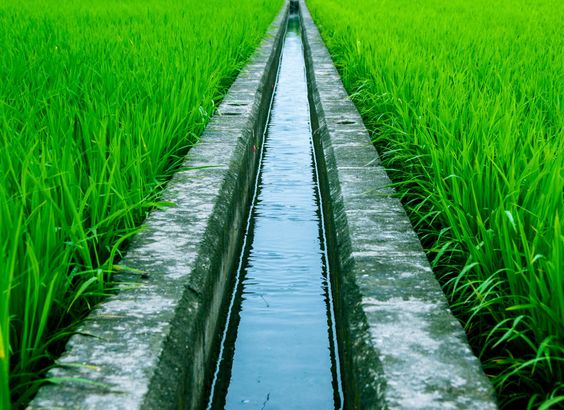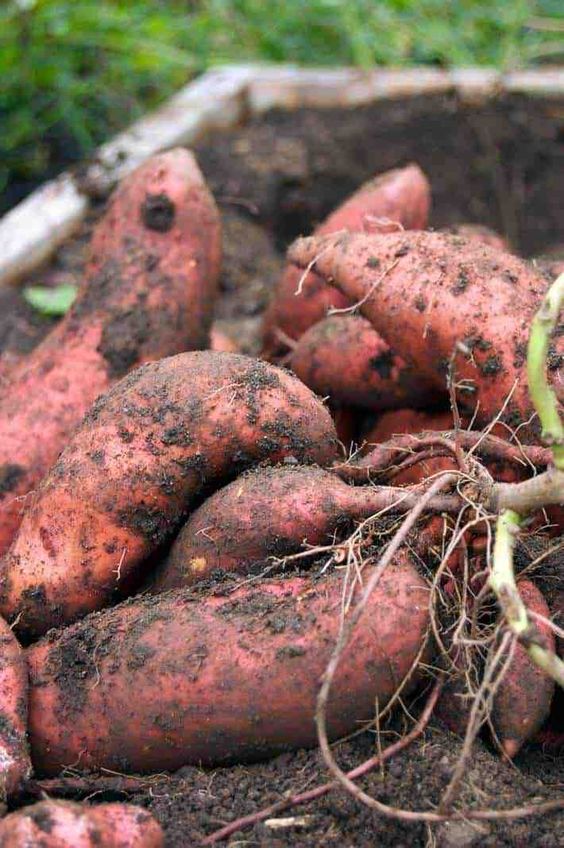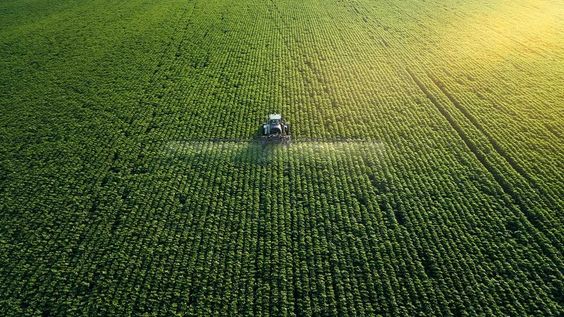Revolutionizing Resource Management: Smart Irrigation Systems in Modern Agriculture
Irrigation Systems agricultural sector faces a multitude of challenges in the 21st century. Climate change, population growth, and resource scarcity necessitate a shift towards sustainable and efficient practices. Smart agriculture, a rapidly evolving field, offers a suite of technological solutions that empower farmers to optimize their operations and address these pressing concerns.
One of the most crucial aspects of smart agriculture is intelligent water management. Irrigation systems, the lifeblood of agriculture in arid and semi-arid regions, are undergoing a transformation with the integration of sensors, data analytics, and automation. This article explores the rise of smart irrigation systems, their benefits for farmers, and their role in shaping a more sustainable future for agriculture.
From Traditional Irrigation to Smart Systems: A Paradigm Shift
Traditional irrigation practices often rely on manual labor and schedule-based watering, which can be inefficient and lead to water waste. Factors like weather fluctuations, soil composition, and crop growth stage are often not considered, resulting in under or overwatering. This not only impacts crop yield and quality but also contributes to environmental degradation through water table depletion and soil erosion.
Smart irrigation systems, on the other hand, leverage technology to create a more precise and data-driven approach to watering. These systems typically incorporate the following components:
- Sensors: Networked sensors are deployed in the field to collect real-time data on various factors, including soil moisture levels, temperature, humidity, and even wind speed.
- Data Analytics: The collected data is then transmitted wirelessly to a central hub or cloud-based platform. Advanced software analyzes this data to understand the specific needs of the crops and field conditions.
- Automation: Based on the analysis, the system can automatically control irrigation valves and sprinklers, ensuring water is delivered precisely where and when it’s needed.
Benefits of Smart Irrigation Systems for Farmers
The adoption of smart irrigation systems brings a multitude of benefits to farmers, including:
- Increased Water Efficiency: By delivering the right amount of water at the right time, smart systems significantly reduce water waste. This translates into cost savings on water bills and allows farmers to operate within increasingly stringent water conservation regulations.
- Improved Crop Yields: Precise water management promotes optimal crop growth conditions, leading to increased yields and improved crop quality.
- Reduced Labor Costs: Automated irrigation saves farmers time and manpower that can be redirected to other critical farm activities.
- Enhanced Farm Management: Data collected by the system provides valuable insights into soil health and crop performance, enabling farmers to make informed decisions about fertilization, pest control, and future planting strategies.
- Environmental Sustainability: Reduced water consumption translates to less pressure on freshwater resources and minimized risk of soil erosion. Smart irrigation promotes a more sustainable agricultural approach.
Types of Smart Irrigation Systems
Several types of smart irrigation systems cater to different farm sizes, crops, and budgets. Here’s an overview of some popular options:
- Drip Irrigation: This highly efficient system delivers water directly to the root zone of plants through a network of tubes and emitters. Sensors can be integrated to optimize water delivery based on soil moisture levels.
- Sprinkler Irrigation: This traditional method is becoming smarter with the incorporation of sensors and automated controls to improve water distribution and reduce overspray.
- Subsurface Drip Irrigation: Similar to drip irrigation, water is delivered below the soil surface, minimizing evaporation and maximizing water use efficiency.
- Micro Irrigation Systems: These small-scale systems are ideal for greenhouses and high-value crops, offering precise control over water delivery and fertigation (fertilizer application with irrigation water).
Considerations for Implementing Smart Irrigation Systems
While smart irrigation systems offer significant benefits, there are certain factors farmers should consider before adoption:
- Initial Investment: The cost of sensors, software, and system installation can be a barrier for some farmers. However, long-term savings on water bills and potential yield increases often justify the initial investment.
- Technical Expertise: Operating and maintaining smart irrigation systems may require some degree of technical knowledge. Training programs and readily available technical support can ease the transition.
- Connectivity: Reliable internet connectivity is crucial for real-time data transmission and system control. Options like satellite internet can be explored in remote areas.
The Future of Smart Irrigation: Embracing Innovation
The field of smart irrigation is continuously evolving. Emerging technologies like artificial intelligence (AI) will play an even greater role in the future. AI-powered systems can learn from historical data and weather patterns to make even more precise irrigation decisions, optimizing water usage and maximizing crop yields. Additionally, advancements in sensor technology will offer greater insights into plant health and environmental conditions.
In conclusion, smart irrigation systems represent a paradigm shift in agricultural water management. By integrating cutting-edge technologies with data analytics and automation, these systems offer a path towards sustainable, efficient, and profitable agriculture.




